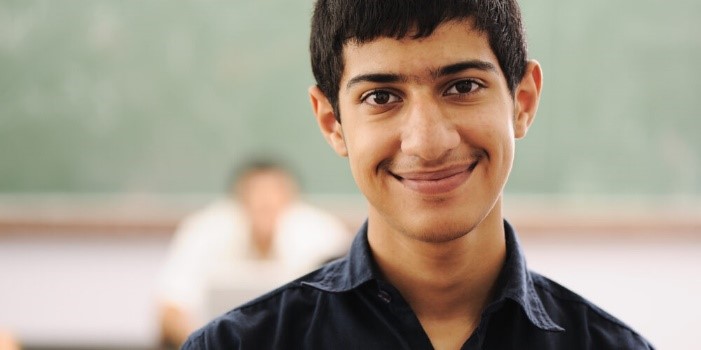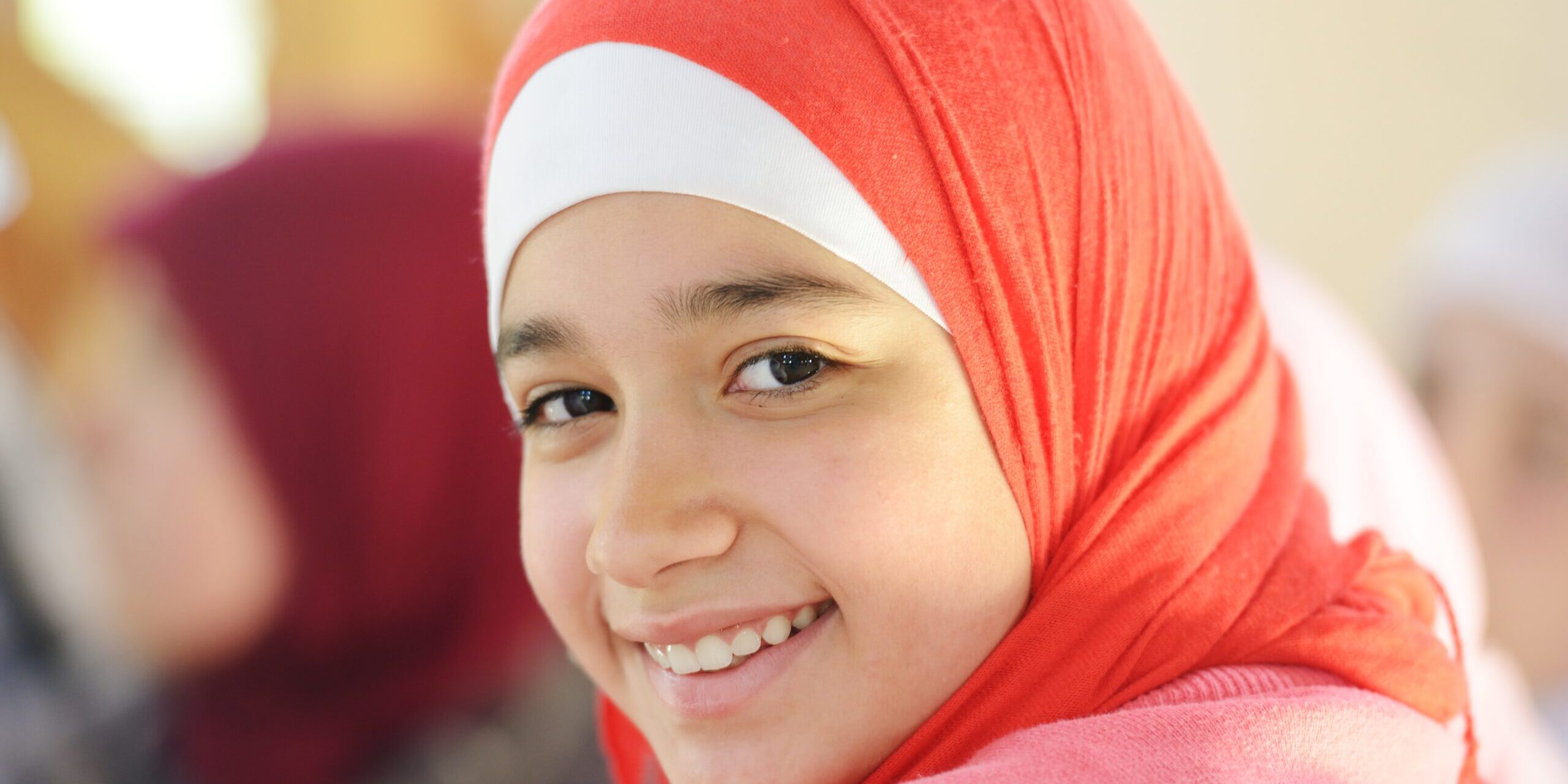I’m sure that you have all seen the news in relation to the situation in Afghanistan, and that our government has pledged to offer asylum to Afghans, particularly those from minority groups, women and girls. Although the majority of referrals are for teenage males, we are expecting that foster homes will be required for the newly arriving girls as well as the boys (more information in links below).
The several UK Fostering foster carers are already caring for unaccompanied asylum-seeking children (UASC) and thereby providing them with a safe place for them to adapt to living in the UK, helping them to make sense of their difficult experiences at home and on the journey to the UK, and supporting with the separation from or loss of parents and/or siblings.
Some people who are interested in becoming foster carers would like to consider caring for a refugee child but are not sure if this is something that they can do – perhaps this is you? – are you unsure about meeting a child’s cultural needs or making yourself understood if the child does not speak any English. Foster carers have their own social worker (SSW) who can support you with this, as they (along with the local authority) would help and support you to meet that child’s needs. Below we have some further information that may help.
These children have suffered a lot of adversity. Many have built up coping strategies to get through the difficult and dangerous journey to the UK. They may have witnessed dangerous or traumatic scenes back home or been abused on the journey. Their family back home may have been threatened or killed. Once in a safe place in your home, you will be required to help them work through some of their trauma, be understanding and accommodating. You will need to have ‘stickability’ to help them settle in the UK.
The vast majority of the children are teenagers from war zones or areas of the current instability and are unsafe. Currently many are Muslim and from areas such as Afghanistan, Syria, and Sudan. We also have many referrals for Ethiopian and Eritrean children who can be Muslim or Christian (mostly Catholic or Pentecostal, both are persecuted). We often also get referrals for Thai, Vietnamese and Chinese children who are unaccompanied, trafficked children for modern slavery in the UK.
We try to match children who seek asylum in the UK (as with all foster children) with foster carers that may have a similar cultural or religious background. Perhaps you have previously lived/worked in the region where they are from, or someone in the household knows a bit of the language.
Sometimes we hear people say that caring for children who are from abroad is ‘easier’, as they will get to be enrolled with an education provider close to you, so you do not have a long school run to manage, and usually there are no family contact arrangements to fit around everything else. Yes, this is maybe a bit ‘easier’ on a practical level, but:
- These children and young people will have emotional needs from their traumatic experiences that may not be immediately apparent. They may seem happy to be safe, but they still have to process what they left behind.
- They will need time to adjust to living in the UK, different food, customs, language etc. You may need to get creative with online language translating, apps etc, although translators should be available at formal meetings. Obviously pictures of things that you are trying to explain, pointing at food options, or physically demonstrating how things work and where things, are great if all else fails!
- You may also need to have patience with some of the behaviours from a child who has grown up with different cultural norms e.g., where a boy may not be happy to be asked to clean his bedroom as he ‘feels that is a woman’s job’ – he will learn, in time 😊
- Once settled you will still need to take your UASC foster child to and from their new education provider, Home Office meetings, LAC appointments such as education and medical assessments, as well as supporting (and potentially monitoring) any contact with family members back home via phone or online, or family in the UK who are being vetted to care for them in the longer term
In addition to your regular support from your lovely Supervising Social Worker (SSW):
- In the Midlands, there is a UASC Project which can offer advice to you or your SSW, whatever the area you live in
- There is UASC expertise throughout the organisation, including one of our SSW who came to the UK as a UASC
- UK Fostering is currently arranging a cross-region support session in Pashto & Dari for our young Afghanis so that they can discuss their worries more easily and that should help us support them even better during the current crisis back home.
- The UK Fostering website has resource and blog sections that have some information in other languages including health and wellbeing. Please do take some time to have a look back through this year’s blogs in particular, as there are several that will be relevant.
- Once approved as a UK Fostering foster carer you will attend diversity and/or UASC training sessions (you may have already attended some during your assessment process), but if not or would like a refresher, you will be able to check out what we can offer online
 You may be thinking about fostering but currently have no spare room so have ruled yourself out of being able to take a refugee or UASC (or any other child!), however perhaps you have been using your other spare room as a home office but are not really needing it anymore as you are back in the office full-time, or perhaps a family member e.g., the adult child is moving out soon? This could be the perfect time to have a chat with our lovely recruitment team.
You may be thinking about fostering but currently have no spare room so have ruled yourself out of being able to take a refugee or UASC (or any other child!), however perhaps you have been using your other spare room as a home office but are not really needing it anymore as you are back in the office full-time, or perhaps a family member e.g., the adult child is moving out soon? This could be the perfect time to have a chat with our lovely recruitment team.
Of course, many, many referrals for British born (or raised) children of all backgrounds are coming in again, as I can confirm after assisting with referrals when my colleagues have had a day off! As the lockdown eased, with schools reopened and social workers able to visit vulnerable children again at home, we have seen a recent increase in the need for children from all backgrounds but for children aged 10 years and older in particular.
At UK Fostering we firmly believe that every child deserves care and support, and hope that you will be open to considering refugee children of a variety of ages and backgrounds in response to this unfolding humanitarian crisis.
By Lynsey Dobbs – Senior Recruitment Officer, UK Fostering
More Information & Resources
https://www.gov.uk/government/news/bespoke-resettlement-route-for-afghan-refugees-announced
https://ukfostering.org.uk/migration-and-refugees/
